WHAT an extraordinary year José Carbó has been enjoying.
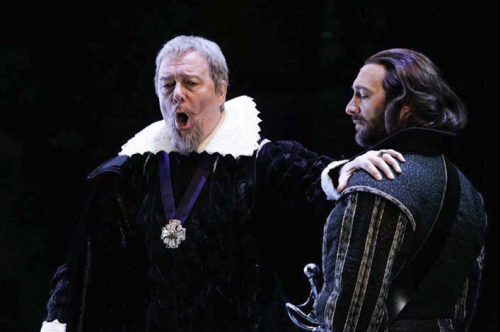
Fresh from playing Germont in “La Traviata,” the Argentine-Australian baritone takes the centre stage as the ambivalent Marquis Posa in a performance of “Don Carlos” notable for its judgement and finely-tuned emotion. Carbó’s exceptional vocal range helps him to a complex study of a character who is neither black nor white.
Verdi’s grim tale, based on the play of the same name by Friedrich Schiller, has two regal female personages centre-stage, performed by soprano Latonia Moore as Queen Elizabeth and mezzo-soprano Milijana Nikolic as Princess Eboli, yet this is really an opera about thwarted masculinity and the original director, Elijah Moshinsky, has understood that well.
While the Queen plays her part as the personification of virtue and nobility and Eboli carries the plot forward through her scheming, it is the twisting conflict between the male characters that lifts this opera out of the ordinary.
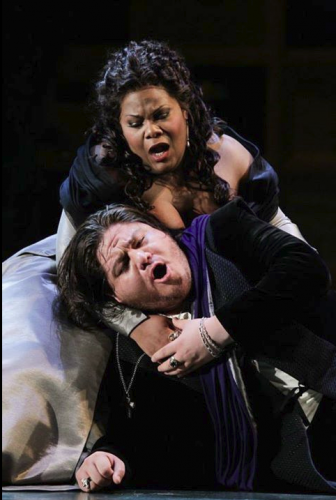
Mexican tenor Diego Torre is indeed heroic as the Don Carlos of the title, heir apparent to the throne of Spain, but he is lukewarm competition for his powerful adversaries. Most notable of these is his father, King Philip II, played with a mixture of cold force and abject remorse by Ferruccio Furlanetto. This is a superb portrayal of perhaps Verdi’s finest creation for the bass voice, a man torn by powerful moral conflicts. Furlanetto’s duet with Carbó in Act II is dramatic, putting an entirely different slant on the autocratic figure we meet in Act I. The beautiful aria “Ella giammai m’amò”, where he laments the fact that his wife does not love him, is one of the most affecting moments of the opera.
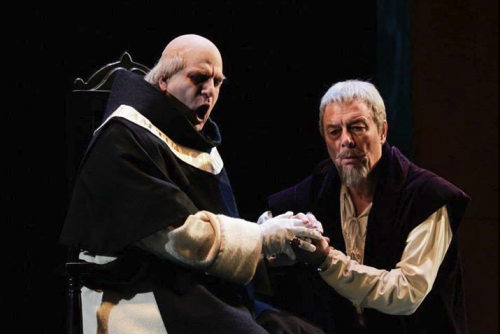
While it is well known that that the composer felt obliged to introduce spectacles like the ‘auto da fe’ parade of heretics in Act II, “Don Carlos” reflects Verdi growing artistic maturity, and is in my view at its best when it focuses on intimate character development. Unconventionally, this is not done through a balance of arias and recitative but through sustained musical development. It must be conceded, though, that the large-scale moments offer the splendid OA chorus full scope for expression.
Although set in the grand court of Spain, the story is as domestic as “Madama Butterfly” – father jealous of son, best friend caught between loyalty and betrayal, wife caught between husband and former fiancé, lady-in-waiting taking revenge and attempting to undo her actions.
Dark and menacing, this powerful opera draws to a close with a ghostly apparition (David Parkin) providing the deus-ex-machina for a plot too tightly wound up to unravel. That appearance from the nether-world is strikingly apt in an evening of superlative but unrelieved tragedy.
Who can be trusted?
In a world of spin and confusion, there’s never been a more important time to support independent journalism in Canberra.
If you trust our work online and want to enforce the power of independent voices, I invite you to make a small contribution.
Every dollar of support is invested back into our journalism to help keep citynews.com.au strong and free.
Thank you,
Ian Meikle, editor
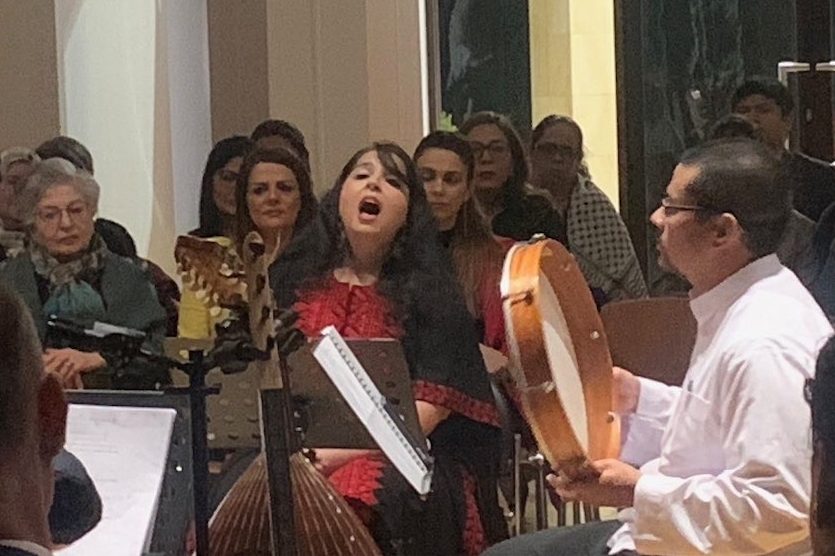
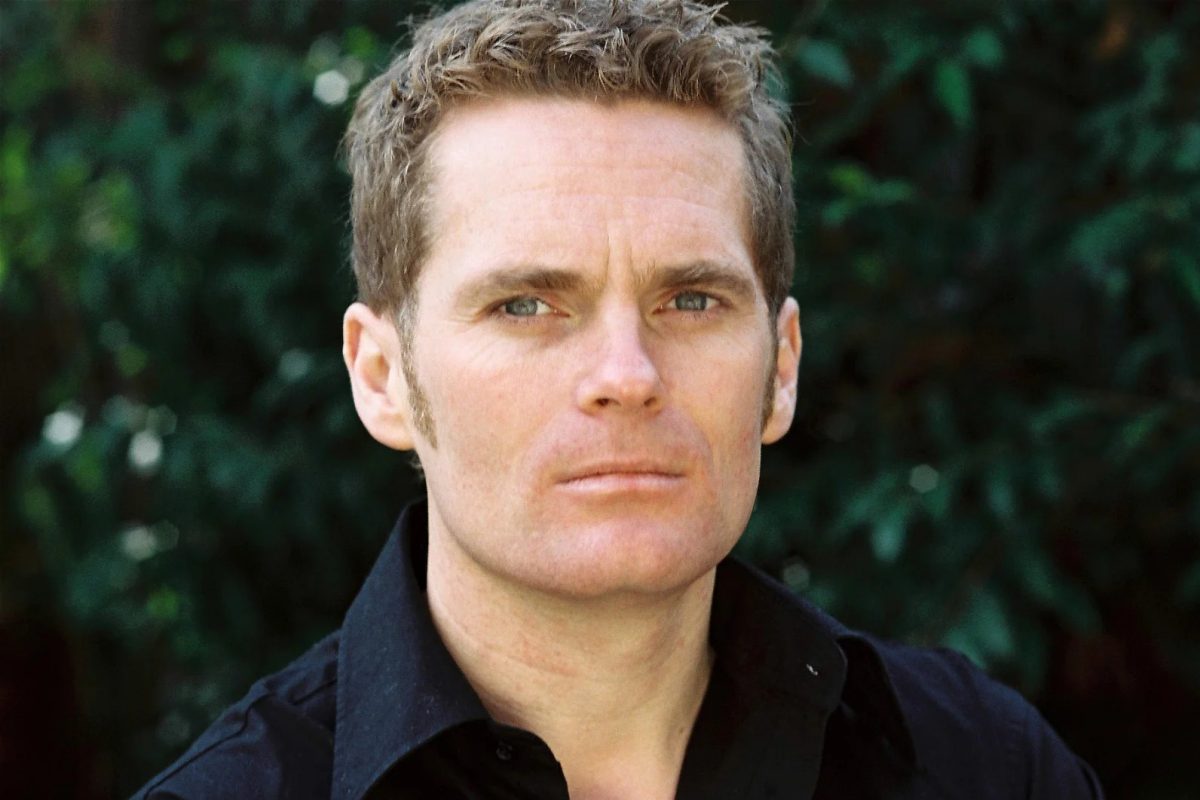
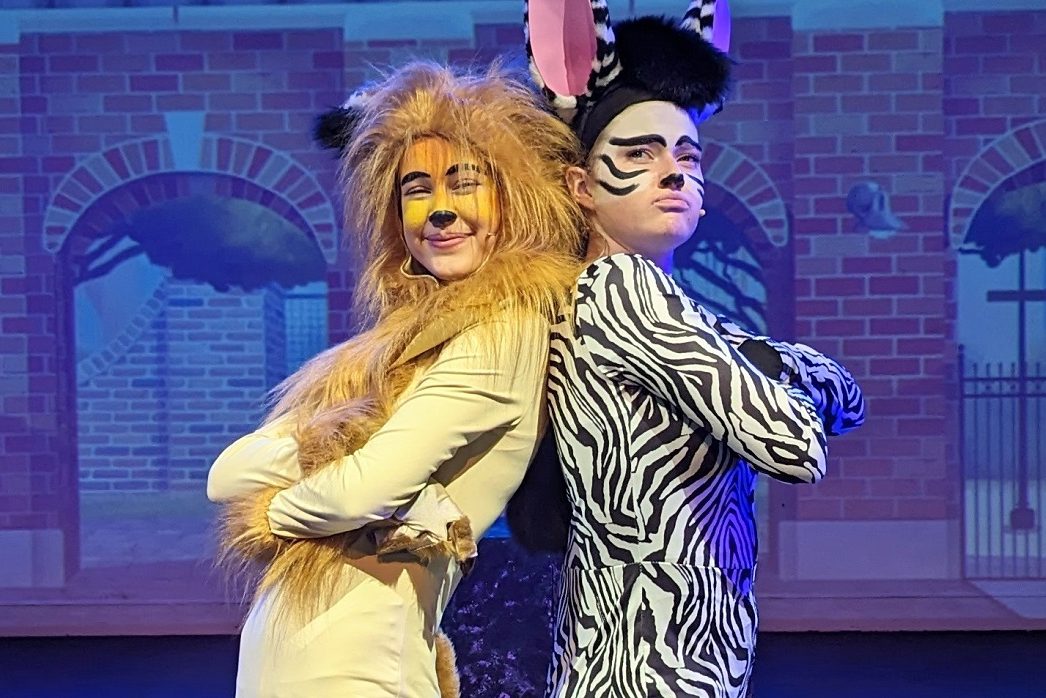

Leave a Reply